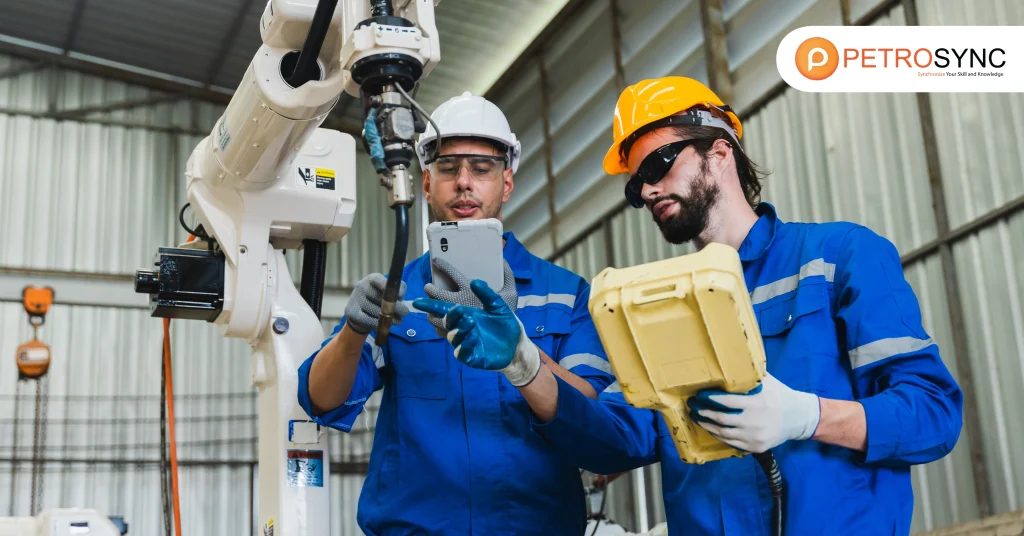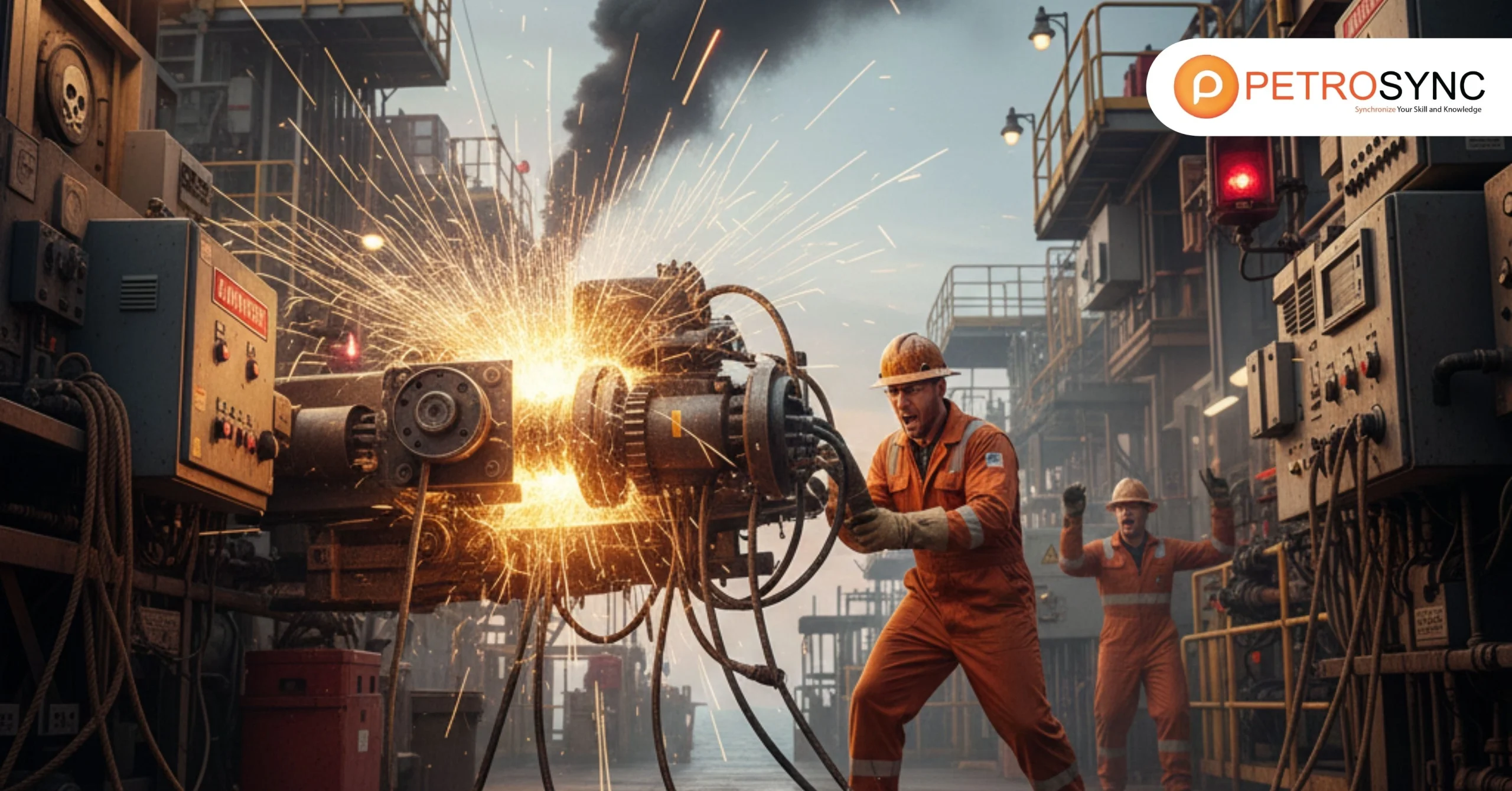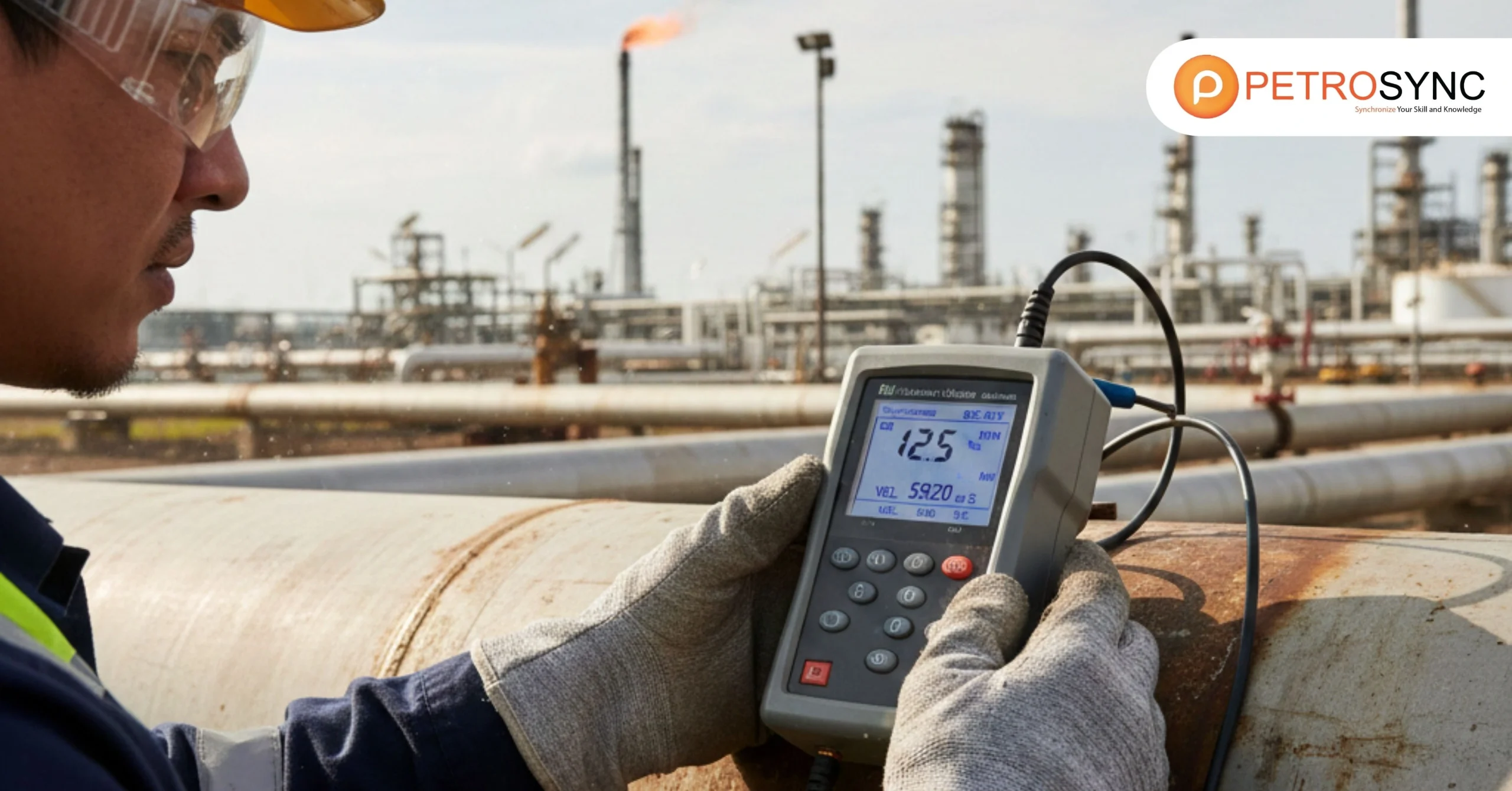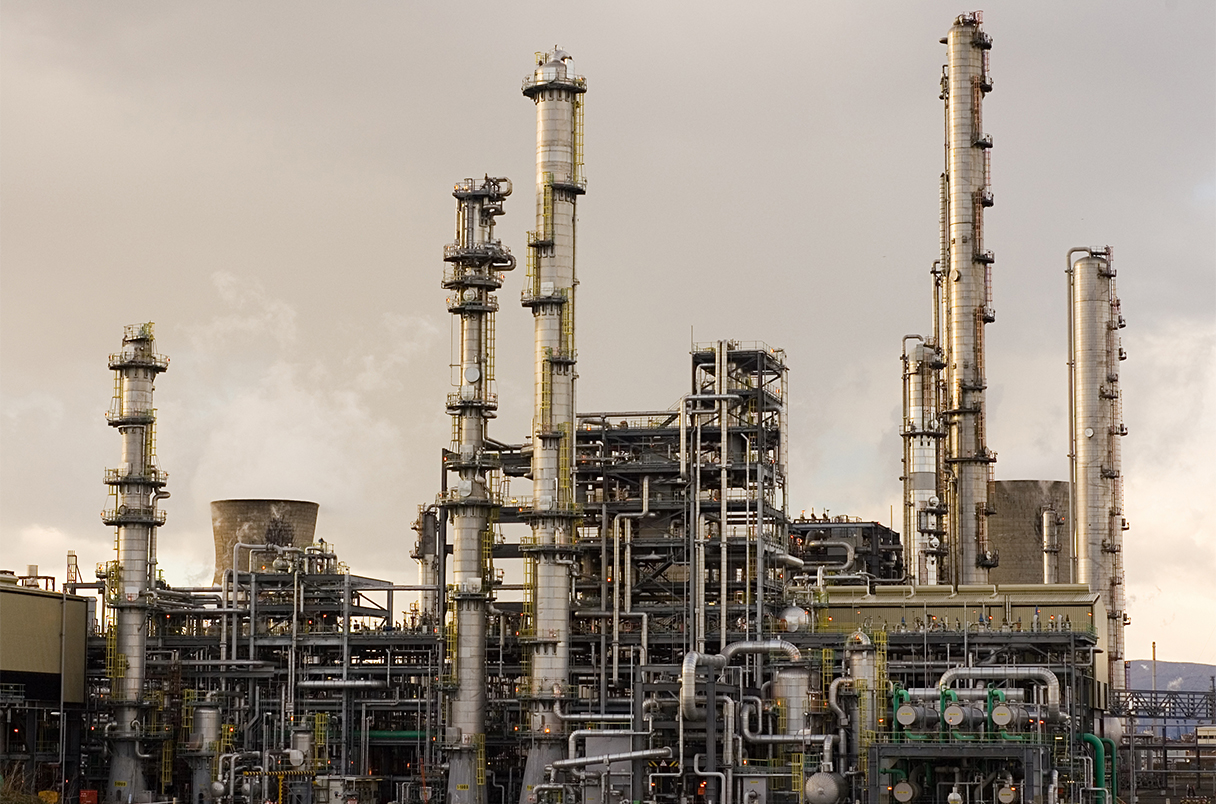Maintenance engineers are the backbone of operational effectiveness in a range of industries. Maintenance engineers ensure that equipment functions well, reducing downtime and preventing costly disruptions. Their experience helps firms save time, resources, and money.
Maintenance engineers are particularly vital in industries that demand high equipment reliability, such as manufacturing, energy, and aerospace. Businesses can have a better understanding of how Maintenance Engineers contribute to increased efficiency and safety compliance.
What Does a Maintenance Engineer Do?

Maintenance engineers are responsible for a wide range of activities, including equipment maintenance and optimization. Maintenance engineers analyze and repair technical issues to minimize downtime and increase efficiency. Their typical responsibilities include examining machinery, detecting problems, and arranging corrective actions.
Maintenance engineers do preventative maintenance to extend the life of systems. Routine inspections, upgrades to aging equipment, and streamlining operations are all possible solutions. To properly comprehend what a Maintenance Engineer does, you must recognize their ability to combine technical understanding with strategic vision.
Key Responsibilities of a Maintenance Engineer:
- Conducting regular equipment inspections.
- Developing and implementing maintenance schedules.
- Troubleshooting and repairing mechanical or electrical systems.
- Ensuring compliance with health and safety standards.
The definition of a Maintenance Engineer goes beyond technical activities to include excellent team and resource management.
How Is The Work Environment of Maintenance Engineers?
The work environment of maintenance engineers can vary depending on the industry and specific job role. In general, they spend a significant amount of time in the facilities they oversee, such as manufacturing plants, power plant, or other industrial settings. These environments can sometimes be noisy, and engineers may need to wear protective gear.
Maintenance engineers often work regular business hours, but they might be required to be on call for emergencies or work evening and weekend shifts, especially in industries that operate around the clock. The job can be physically demanding, involving standing for long periods, climbing, and lifting heavy equipment.
Collaboration is common, as maintenance engineers work closely with other professionals, including operators, technicians, and sometimes external contractors. Good communication skills are important for conveying information about maintenance schedules, and equipment status, and coordinating activities with different teams.
Are Maintenance Engineers in Demand?
Yes, maintenance engineers are generally in demand. Industries such as manufacturing, energy, and facilities management rely on these professionals to ensure the smooth operation of machinery and equipment.
The demand for maintenance engineers stems from the ongoing need to prevent breakdowns, conduct regular inspections, and optimize the performance of critical systems. As industries continue to grow and technology advances, the demand for skilled maintenance engineers remains steady, making it a field with promising career opportunities.
In line with present needs, there is an anticipated 8% growth in the number of maintenance engineers from 2020 to 2030. This translates to an average of approximately 152,300 job openings each year during this period, as reported by The Better Business Bureau.
How Much Maintenance Engineer Can Earn?
Maintenance engineers make competitive salaries that vary depending on experience, location, and industry. Entry-level maintenance engineers can expect to earn between $40,000 and $60,000 per year, while seasoned professionals can command salaries of more than $100,000.
Maintenance engineers in high-demand industries, such as oil and gas and aerospace, are regularly compensated with performance bonuses and training opportunities.
The income potential reflects the demand for people who comprehend the term Maintenance Engineer and succeed at maintaining complicated systems.
What Are The Subdisciplines of Maintenance Engineering?
Maintenance engineering comprises several subdisciplines, each focusing on specific aspects of ensuring the optimal functioning of equipment and systems:
1. Reliability Engineering
Reliability engineers focus on enhancing the dependability and performance of systems. They analyze data to identify potential issues, implement preventive measures, and ensure consistent equipment reliability.
2. Condition Monitoring
This subdiscipline involves the continuous assessment of equipment health. Condition monitoring engineers use various technologies to detect early signs of potential failures, allowing for timely maintenance interventions and preventing unplanned downtime.
3. Asset Management
Asset management engineers oversee the lifecycle of equipment, from acquisition to disposal. They optimize resource allocation, manage costs, and ensure that assets are maintained at peak efficiency throughout their operational lifespan.
4. Maintenance Planning and Scheduling
Engineers in this maintenance planning and scheduling subdiscipline are responsible for developing and implementing effective maintenance strategies. They create schedules, prioritize tasks, and coordinate maintenance activities to minimize disruptions and maximize efficiency.
5. Risk Management
Maintenance engineers specializing in risk management assess potential risks associated with equipment failures. They develop strategies to mitigate these risks, ensuring the safety of operations and minimizing the impact of unforeseen events.
6. Quality Control
Quality control engineers focus on maintaining and improving the quality of products and processes. They implement measures to prevent defects, enhance reliability, and ensure that maintenance activities align with quality standards.
7. Tribology (Study of Friction and Wear)
Engineers specializing in tribology study friction, lubrication, and wear of interacting surfaces. Their work contributes to optimizing lubrication practices, reducing wear and tear, and extending the lifespan of components.
These subdisciplines collectively contribute to the comprehensive field of maintenance engineering, addressing various facets of ensuring the reliability, efficiency, and safety of industrial equipment and systems.
How to Become a Maintenance Engineer?
Becoming a maintenance engineer involves a thoughtful progression through various educational and experiential steps
1. Educational Foundation
Start by pursuing a bachelor’s degree in a relevant engineering field, such as mechanical, electrical, or industrial engineering. This foundational education equips you with essential knowledge in physics, mathematics, and engineering principles, forming the basis for your future work in maintenance engineering.
2. Develop Strong Technical Skills
Cultivate strong technical skills that are fundamental to solving engineering problems. This involves a comprehensive understanding of mathematical concepts, proficiency in physics applications, and the ability to navigate computer programs commonly used in engineering analyses.
3. Gain Practical Experience Through Internships
Actively seek internships or cooperative education opportunities during your academic journey. These experiences provide firsthand exposure to maintenance engineering tasks, allowing you to apply theoretical knowledge in real-world scenarios and understand the intricacies of equipment maintenance.
4. Specialize in Maintenance Engineering
Focus on your coursework or consider enrolling in training programs specifically designed for maintenance engineering. These programs delve into specialized areas such as reliability engineering, condition monitoring techniques, and maintenance planning, offering a deeper understanding of the field’s nuances.
5. Obtain Professional Certifications
Enhance your professional standing by obtaining relevant certifications in maintenance engineering. Certifications validate your expertise in specific areas, such as reliability practices or quality control, and can make you a more competitive candidate in the job market.
6. Develop Soft Skills
Hone soft skills, including communication and problem-solving abilities. Maintenance engineers often collaborate with diverse teams, and effective communication is crucial for coordinating activities and conveying technical information to non-technical stakeholders.
7. Stay Updated on Industry Trends
Actively engage in staying informed about the latest advancements in maintenance technologies and industry best practices. Attend workshops, conferences, and seminars to network with professionals, gain insights into emerging trends, and ensure your knowledge remains current.
8. Seek Entry-Level Positions
Look for entry-level positions or internships in maintenance engineering or related roles. This initial hands-on experience provides valuable exposure to various maintenance tasks, allowing you to apply classroom knowledge to practical situations and build a foundation for your career.
9. Mechanical Engineering Training
Given that maintenance engineering often involves working with mechanical systems, consider additional training specifically focused on mechanical engineering. Seek programs that offer practical knowledge in equipment maintenance, troubleshooting, and repair. These hands-on experiences will deepen your understanding of mechanical components.
Making you more adept at addressing maintenance challenges in your career. By methodically progressing through these steps, aspiring maintenance engineers can build a comprehensive skill set, combining theoretical knowledge with practical experience, and positioning themselves for a successful and rewarding career in the field.
Furthermore, to augment your skills and practical knowledge in maintenance engineering, consider specialized training programs offered by reputable providers like PetroSync. PetroSync is a distinguished training provider that offers a diverse range of courses tailored for maintenance engineers, particularly those working in the oil and gas, petrochemical, power, and chemical industries.
Join PetroSync Training to Elevate Your Maintenance Engineer Skills
Maintenance engineers that want to advance in their careers might choose PetroSync’s specialized training programs. Maintenance engineers gain practical knowledge in preventative strategies, predictive maintenance, and the latest industry tools through these courses.
PetroSync’s training equips participants with an in-depth understanding of what is Maintenance Engineer, helping them develop essential skills to stand out in a competitive job market. From hands-on workshops to advanced certifications, PetroSync offers everything a professional needs to grow.

Results-oriented and thorough SEO specialist with extensive experience in conducting keyword research, developing and implementing digital website promotion strategies and plans, managing campaigns to develop company websites in the digital world, excellent knowledge of marketing techniques and principles, and attentive strong attention to detail.







